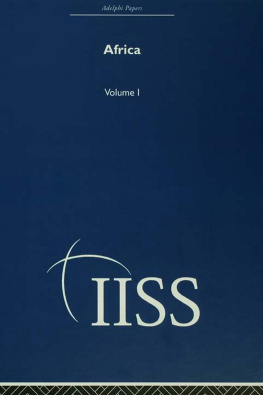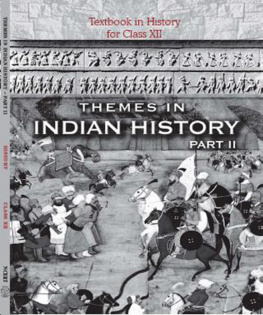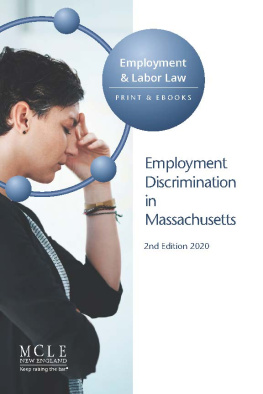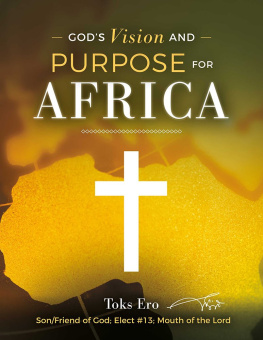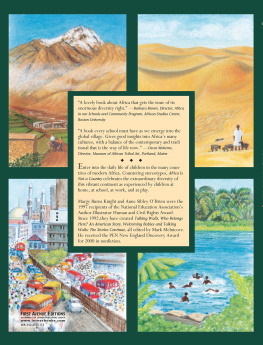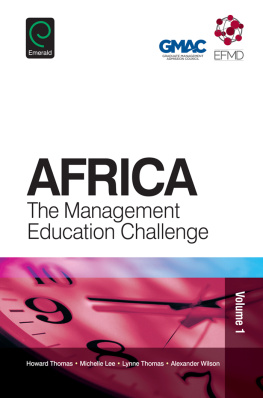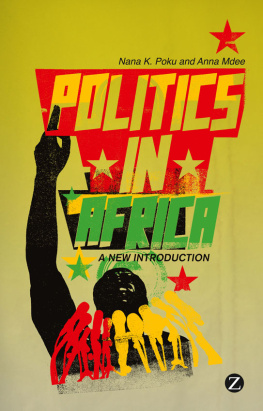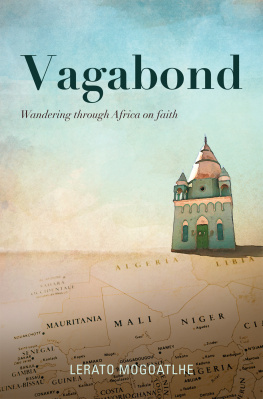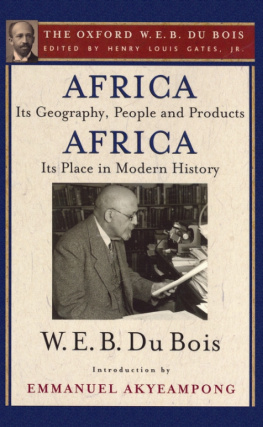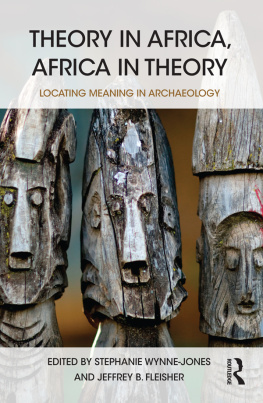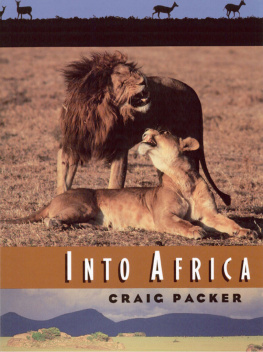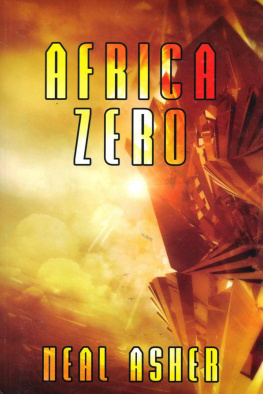Published in 2006 by
Routledge
2 Park Square, Milton Park, Abingdon, Oxon, OX14 4RN
Simultaneously published in the USA and Canada
by Routledge
270 Madison Ave, New York, NY 10016
Routledge is an imprint of Taylor & Francis Group
Printed and bound in Great Britain
2006 IISS
All rights reserved. No part of this book may be reprinted or reproduced or utilized in any form or by any electronic, mechanical, or other means, now known or hereafter invented, including photocopying and recording, or in any information storage or retrieval system, without permission in writing from the publishers.
These reprints are taken from original copies of each journal. In many cases the condition of these originals is not perfect. The publisher has gone to great lengths to ensure the quality of these reprints, but wishes to point out that certain characteristics of the original copies will, of necessity, be apparent in reprints thereof.
British Library Cataloguing in Publication Data
A CIP catalogue record for this book
is available from the British Library
Africa: Volume 1
ISBN 10: 0-415-39821-5 (volume)
ISBN10: 0-415-39813-4 (set)
ISBN13: 978-0-415-39821-3 (volume)
ISBN13: 978-0-415-39813-8 (set)
The Adelphi Papers
The African Military Balance
T HE PREVAILING TENDENCY is to underrate the strategic importance of Africa. One reason for this is the undoubted fact that in terms of trained manpower and advanced equipment of actual military potential Africa is weak. Another is that the continent is so situated in relation to the main centres of power in the world today that in the event of a global conflict it might have little practical significance. Even this allegation is disputable, for as the nature of East-West tension modifies so the centres of interest tend to shift and inevitably to include any areas of instability, and Africa certainly contains some of these.
The mere fact that Africa consists of a large conglomeration of new states, not all of them small, puts a premium on the capacity of each one of them to maintain order within its boundaries, and to protect its frontiers against an aggressive neighbour, or, more accurately, to deter such a neighbour from undertaking aggression. Because they are to a large extent the results, if not the deliberate creations, of imperial rule, they have certain in-built weaknesses. They have frontiers which are not natural and some institutions, including their armies, which are not yet wholly national. The relationship between these institutions and the political core of the state may be tenuous and indeterminate a situation well illustrated by the wave of mutinies which affected the East African armies in January 1964.
Another relevant aspect of the colonial inheritance of new states is the generally small size of their security forces. There was before independence usually no need to build up large local defence forces, for the simple reason that they were only ancillaries to the imperial military establishment which was always capable of intervening should it be called upon to do so. Undue smallness that is to say inadequacy for the strictly military role may be a cause of political instability in one way, but correspondingly excessive expenditure on weapons and equipment and the development of a large and self-willed military elite are likely to contribute to economic and political instability in another. The same may be true, if for some reason, one particular section of the population is over-represented in the armed forces, particularly in the officer corps.
The need to have conveniently organized and presented the basic statistical facts, in so far as they can be determined, relating to situations where an arms race or great power intervention might lead to the development of something more than a local conflict, is one justification for the publication of this paper. Another is clearly the determination of the African states as expressed at the meetings of the Organization for African Unity (OAU) to eliminate colonialism from Africa. Direct military action against the Republic of South Africa is unlikely largely because it is for the foreseeable future impracticable for the Pan-African states to attempt, and President Nkrumah criticized at the recent Cairo meeting the ineptitude with which even the training of freedom fighters had been undertaken. But the urge to intervene is there and, even though it is totally ineffective, will have influence on the continental military situation for some time to come. The imbalance existing between South African military strength on the one hand and Pan-African aims and aspirations on the other is a factor which could eventually embroil the great powers. The toleration of a stalemate will not be easily accepted in some quarters and in the general context of Africa, especially perhaps in the light of the growing influence of China, is unlikely to prove realistic.
These then are some of the special reasons why it seemed appropriate to compile these figures at this moment. There are obvious limitations to the attainable scope and accuracy of statistics of this kind. It has often been necessary to begin with second and third hand information and to rely on checking, counterchecking and vetting to obtain a picture of the true position. Official figures are not normally available even for overall strengths. For this reason a breakdown of, for instance, army aggregates by arms of the service has not been systematically attempted.
The definition of the term police presents a special problem. Categories such as gendarmerie frontier police, mobile police, and riot police all exist in different territories. Some of them have a quite definite military potential. In English-speaking territories one might refer especially to the British South Africa Police in Southern Rhodesia and to the General Service Units in Kenya. The extent to which arms are available for issue to constables in an emergency and the intensity of training in their use are both factors which might be said significantly to affect the military position in many African countries. On the strength of the police as a counter security element might, for instance, depend the capacity of the army, as such, readily to effect a


